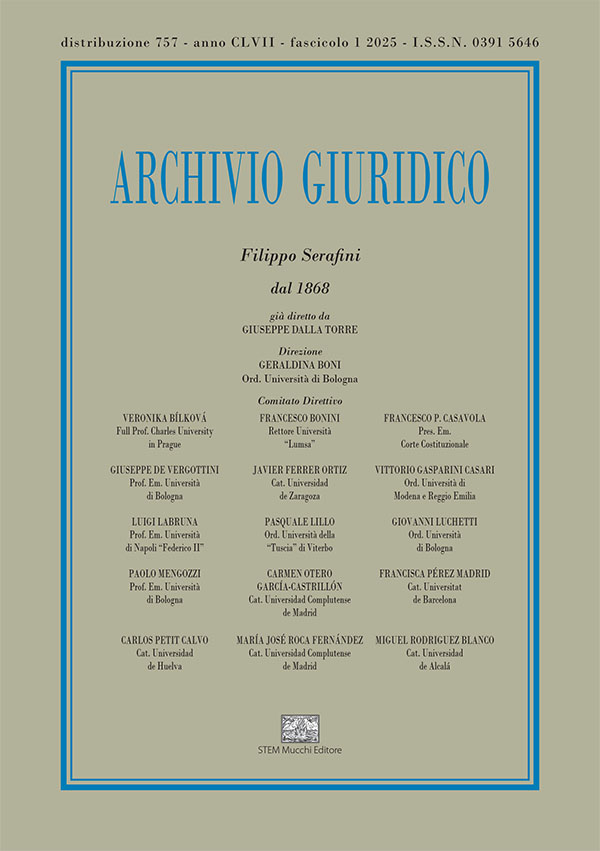Nella consapevolezza per cui l’Islam è parte della storia e della cultura del nostro continente, non dovrebbero essere avvertiti, in teoria, problemi di compatibilità tra le due tradizioni, ovvero quella islamica e quella liberaldemocratica degli Stati e delle istituzioni europee. Tuttavia, tale assunto non è di facile realizzazione pratica, tenuto conto che la tradizione religiosa musulmana è così ben precisa e definita da essere evidentemente distinguibile da quella dell’Occidente europeo. Il momento di risoluzione delle situazioni di conflittualità potrebbe essere offerto dal banco di prova costituito dall’inveramento dei diritti umani. Nella misura in cui una tradizione culturale, politica e religiosa (quale è quella islamica) abbia in sé i caratteri dell’attenzione per la promozione e per la tutela dei diritti fondamentali dell’Uomo, così come riconosciuti dalla comunità degli Stati, e non si ponga in condizioni di contrasto con l’ordine pubblico internazionale, questa potrebbe rientrare a pieno titolo nell’agenda di interesse e di protezione delle istituzioni sovranazionali europee. La verifica di questa eventualità è essenziale per comprendere le attuali dinamiche di relazione tra l’Islam, le singole realtà nazionali e le soggettività istituzionali dell’Europa politica.
Parole chiave: Islam, Europa, laicità, diritti umani.
In the knowledge that Islam is part of the history and culture of our continent, there should not be, in theory, any problems of compatibility between the two traditions, namely the Islamic one and the liberal democratic one of the European States and institutions. However, this assumption is not easy to implement in practice, given that the Muslim religious tradition is so precise and defined that it is clearly distinguishable from the one of Western Europe. The moment of resolution of the conflict situations could be offered by the test bench constituted by the realization of the human rights. To the extent that a cultural, political and religious tradition (such as the Islamic one) has in itself the characteristics of attention to the promotion and to the protection of the fundamental human rights, as recognized by the community of States, and does not place itself in conditions of conflict with the international public order, it could fully enter into the agenda of interest and protection of the European supranational institutions. The verification of this eventuality is essential to understand the current dynamics of the relationship between Islam, the individual national realities and the institutional subjectivities of the political European framework.
Key words: Islam, Europe, secularism, human rights.


